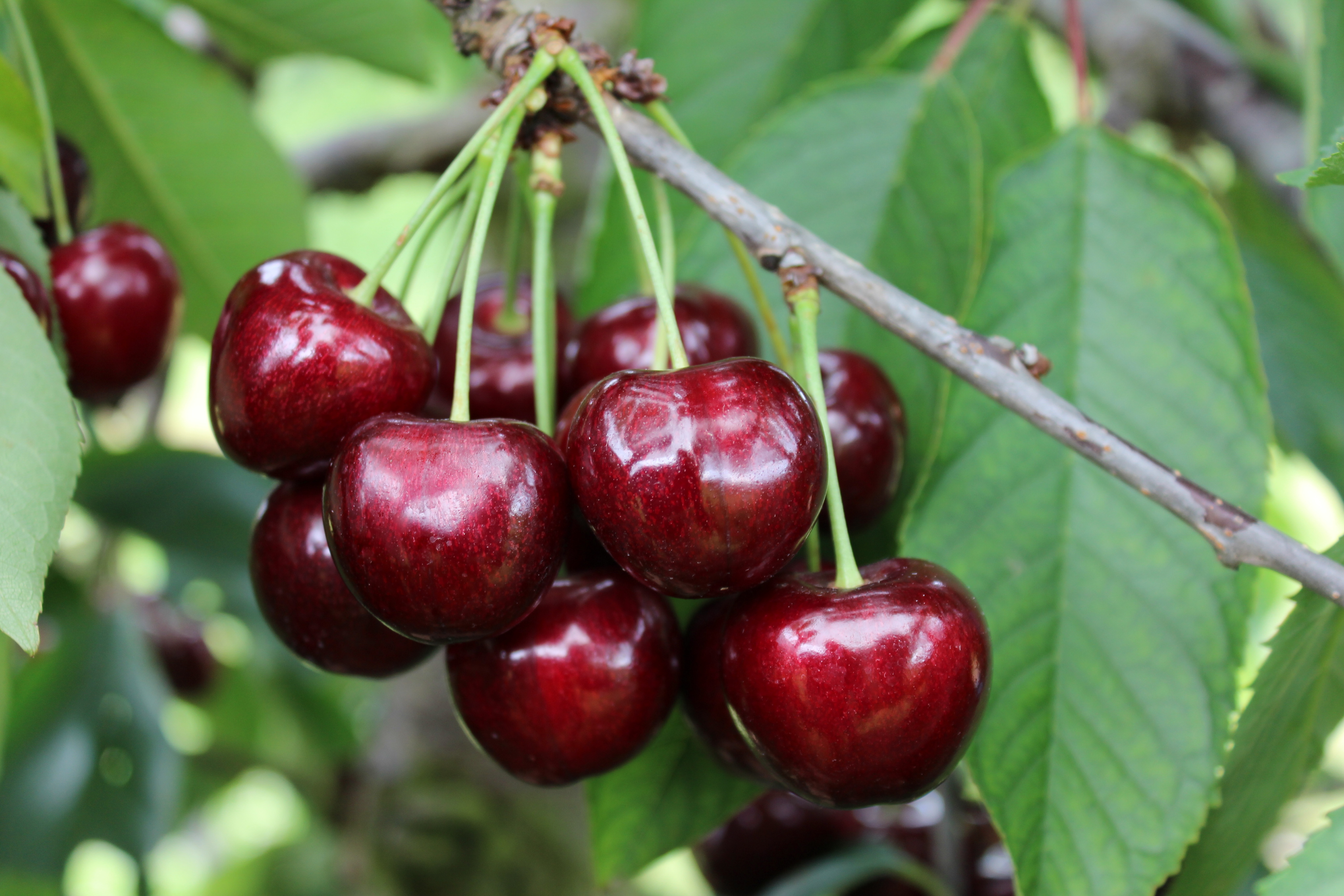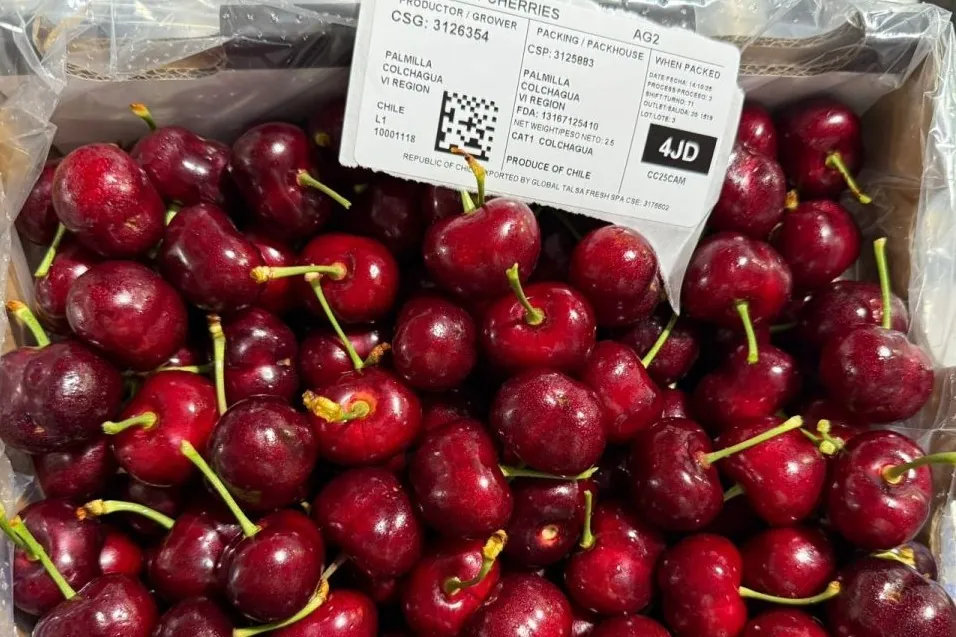Water management is crucial in agriculture, especially for certain species like the sweet cherry. In a recent study, South African researchers examined the water consumption patterns of non-irrigated sweet cherry trees using the "Heat pulse velocity" (HPV) method.
This method measures sap flow, a parameter directly related to the tree's water use. The study was conducted near the city of Ficksburg, South Africa, from September 2017 to December 2018, and analyzed the plants water consumption during the growth stages.
The results highlighted the dynamic nature of water use in sweet cherry trees. During the flowering stage, the plants daily transpiration rates were relatively low, ranging from 1.2 to 3.5 liters per day, and increased progressively with fruit development (4.5 L/day).
Later, during the fruit ripening stage, a significant decrease in tree transpiration was observed (1.1 L/day). This reduction was mainly attributed to the onset of water stress caused by hot and dry weather conditions that led to soil drying. The study highlighted the sweet cherry tree's sensitivity to soil moisture levels, especially during critical growth stages, where water stress can significantly impact the tree's overall health and, consequently, yield.
The data showed a direct relationship between sap flow and environmental factors such as solar radiation, air temperature, and vapor pressure deficit (VPD). These factors were positively correlated with sap flow, meaning that as these environmental parameters increased, the tree water use increased as well. However, during prolonged periods of high temperatures and dry conditions, tree transpiration rates decreased.
The study also introduced the "fraction of transpirable soil water" (FTSW) parameter as a crucial indicator for water use management. The FTSW threshold varied depending on the different fruit growth stages and approached a value of 1.0 under various stress levels.
FTSW exceeded 0.4 when trees utilized stored soil water, while transpiration rates declined during hot days. The stress coefficient, which indicates the degree of water stress, ranged from 0.45 to 0.65 depending on the growth stage, further emphasizing the importance of monitoring soil moisture to optimize water use.
In conclusion, the study provides valuable insights into the water needs of sweet cherry trees, particularly in semi-arid conditions like those in South Africa. By using sap flow sensors (HPV method), the study analyzed the trees' responses to varying soil moisture levels and environmental conditions.
The results underscore the importance of water and soil moisture management, especially during critical growth stages, to mitigate water stress and improve yield. As climate change continues to threaten global water availability, such research helps to understand plant behavior in order to develop more efficient agricultural practices.
Fonte: Tharaga PC, Tesfuhuney WA, Coetzer GM and Savage MJ (2023) Heat pulse velocity method for determining water requirements in rainfed sweet cherry trees (Prunus avium L.). Front. Hortic. 2:1155862. doi: 10.3389/fhort.2023.1155862.
Immagine: Tharaga et al
Andrea Giovannini
Università di Bologna (IT)
Cherry Times - Tutti i diritti riservati










